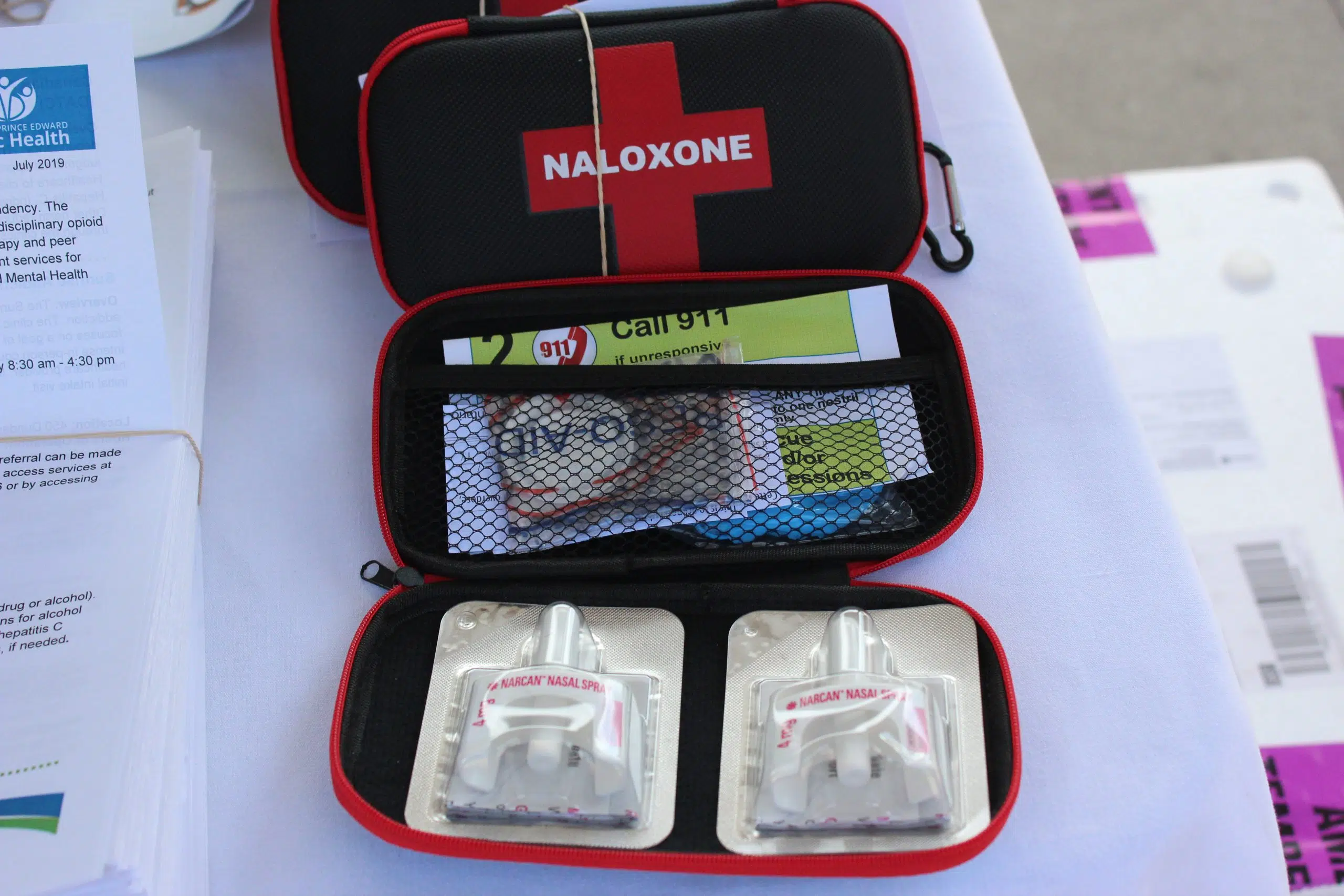An opioid overdose alert has been issued for Northumberland County after an increase in overdoses was reported in the area over three days.
Harm Reduction program manager for the Haliburton, Pine Ridge District Health Unit, Dorothea Service, says the increase in overdoses is “troubling.”
The heath unit has decided to issue an opioid overdose alert “to warn the community to take immediate precautions.”
Service says it is known that the drug supply in Ontario is contaminated with highly potent opioids, benzodiazepines, and xylazine, that may impact the current drug poisoning crisis in the area.
The health unit issued a statement, including the following:
If you inject, inhale, snort or ingest drugs:
- Know that overdose is possible when inhaling drugs.
- Never share supplies. Avoid using damaged or modified pipes/needles.
- Don’t use alone. Ask someone to check on you or call the National Overdose Response Service (NORS) at 1-888-668-NORS (6677) and someone will stay on the line while you use.
- Avoid mixing your drugs.
- Start by using a small amount of drug first.
- Carry multiple naloxone kits and refills. Keep these close by where you can see them. You can get a naloxone kit at most pharmacies and needle exchange sites. Where to get a free naloxone kit | Ontario.ca
- If you think someone is overdosing, call 911.
The HKPR District Health Unit’s opioid overdose alert automatically flags increases in overdoses for community partners and first responders, which triggers enhanced outreach efforts and distribution of naloxone kits. Naloxone is an emergency medicine that temporarily reverses the effects of an opioid overdose until the person can get to hospital for treatment. Naloxone is recommended to be used in all suspected drug overdoses, due to the possibility of opioid contamination or poisoning.
Naloxone kits are available for people who use opioids, as well as their family and friends. These can be picked up at Health Unit offices, local pharmacies, and other locations. Where to get a free naloxone kit
The HKPR District Health Unit’s opioid overdose alert automatically flags increases in overdoses for community partners and first responders, which triggers enhanced outreach efforts and distribution of naloxone kits.
Naloxone is an emergency medicine that temporarily reverses the effects.






